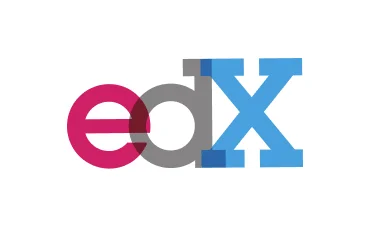When you enroll through our links, we may earn a small commission—at no extra cost to you. This helps keep our platform free and inspires us to add more value.

Statistics.comX: Applied Data Science Ethics
AI’s popularity has resulted in numerous well-publicized cases of bias, injustice, and discrimination. Often these harms occur in machine learning projects that have the best of goals, developed by data scientists with good intentions. This course, the second in the data science ethics program for both practitioners and managers, provides guidance and practical tools to build better models and avoid these problems.

This Course Includes
 edx
edx 0 (0 reviews )
0 (0 reviews ) 4 weeks at 4-5 hours per week
4 weeks at 4-5 hours per week english
english Online - Self Paced
Online - Self Paced course
course Statistics.comX
Statistics.comX
About Statistics.comX: Applied Data Science Ethics
Concern about the harmful effects of machine learning algorithms and big data AI models (bias and more) has resulted in greater attention to the fundamentals of data ethics. News stories appear regularly about credit algorithms that discriminate against women, medical algorithms that discriminate against African Americans, hiring algorithms that base decisions on gender, and more. In most cases, the data scientists who developed and deployed these decision making algorithms and data processes had no such intentions, and were unaware of the harmful impact of their work.
This data science ethics course, the second in the data science ethics program for both practitioners and managers, provides guidance and practical tools to build better models, do better data analysis and avoid these problems. You’ll learn about ****
Tools for model interpretability
Global versus local model interpretability methods
Metrics for model fairness
Auditing your model for bias and fairness
Remedies for biased models
The course offers real world problems and datasets, a framework data scientists can use to develop their projects, and an audit process to follow in reviewing them. Case studies with ethical considerations, along with Python code, are provided.
What You Will Learn?
- How to evaluate predictor impact in black box models using interpretability methods.
- How to explain the average contribution of features to predictions and the contribution of individual feature values to individual predictions .
- How to Assess the performance of models with metrics to measure bias and unfairness .
- How to describe potential ethical issues that can arise with image and text data, and how to address them .
- How to donduct an audit of a data science project from an ethical standpoint to identify possible harms and potential areas for bias mitigation or harm reduction .